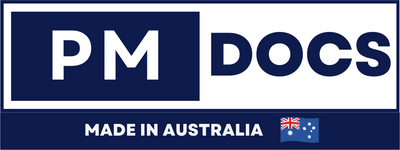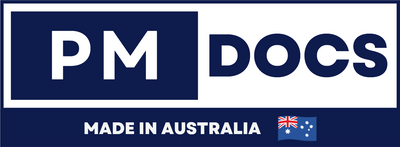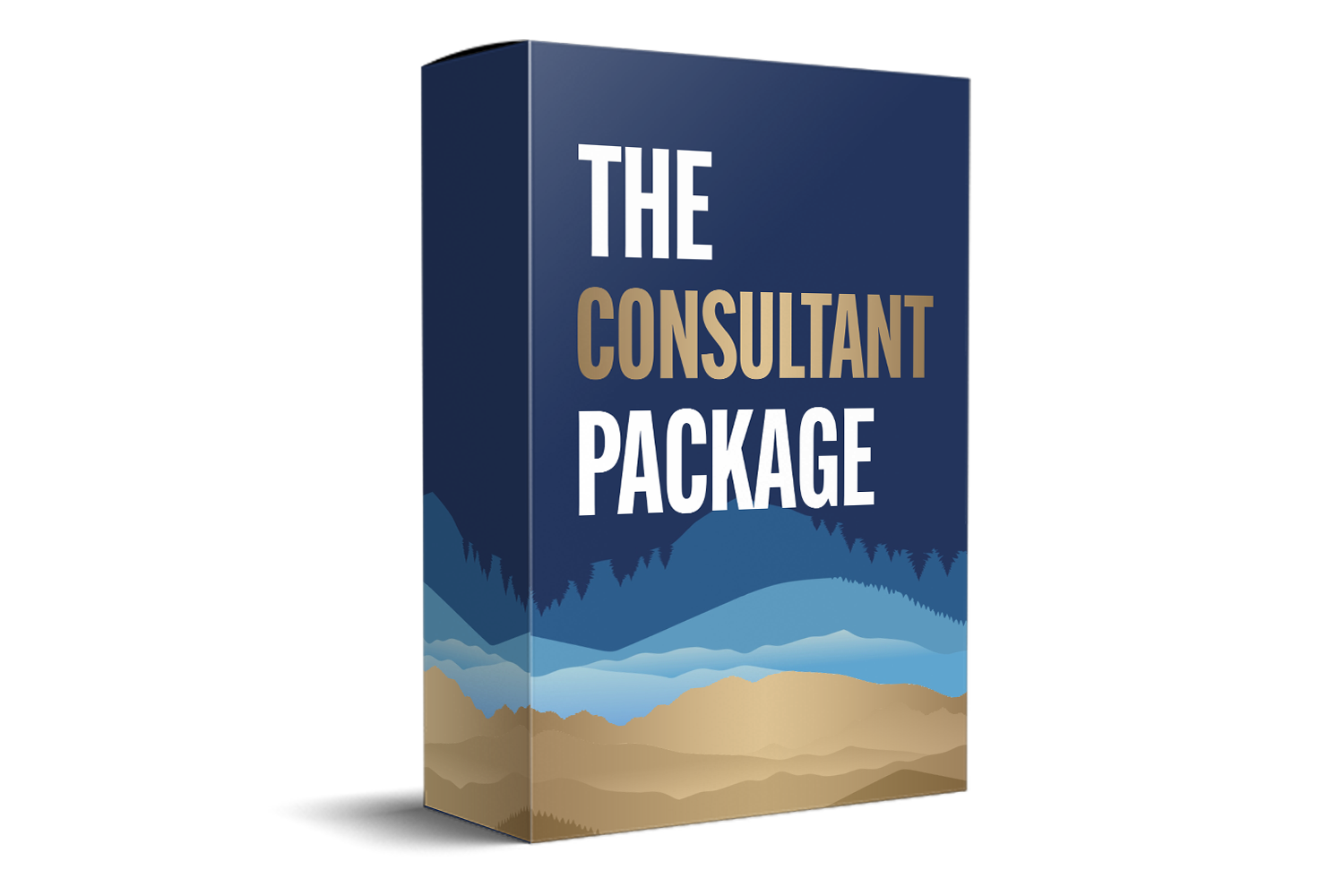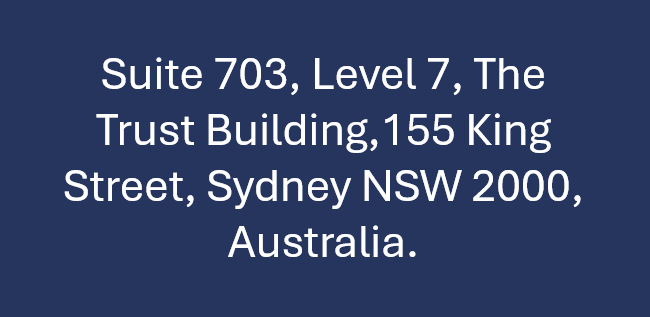Cost of ISO 9001 Certification in Australia Pricing Breakdown
Demystifying The Dollar Signs: A Comprehensive Guide To ISO 9001 Certification Costs In Australia
ISO 9001 is globally recognised as the benchmark for Quality Management Systems (QMS). For Australian businesses, achieving this certification isn't just about obtaining a prestigious badge; it's a strategic move that can streamline operations, enhance customer satisfaction, and unlock new market opportunities. However, the exact cost of ISO 9001 certification often remains a mystery, leading to hesitation and uncertainty.

If you're an Australian business considering this invaluable investment, you're likely asking: "How much will it really cost?" This comprehensive guide aims to pull back the curtain on the pricing breakdown, helping you budget effectively and understand the true value of ISO 9001 certification.
Why Pursue ISO 9001 Certification? Beyond The Numbers
Before diving into the financial specifics, it's crucial to understand why businesses invest in ISO 9001. The benefits often far outweigh the initial outlay:
-
Enhanced Customer Satisfaction: A systematic approach to quality leads to consistent product/service delivery.
-
Improved Operational Efficiency: Streamlined processes reduce waste, errors, and rework.
-
Increased Market Credibility: ISO 9001 is often a prerequisite for tenders and contracts, especially in government and large corporate sectors.
-
Better Risk Management: Proactive identification and mitigation of quality-related risks.
-
Stronger Employee Engagement: Clear processes and responsibilities empower staff.
- Continuous Improvement Culture: The framework fosters ongoing learning and evolution within the organisation.
Understanding The Key Cost Components
The total cost of ISO 9001 certification isn't a single figure. It's an aggregation of several distinct components, primarily falling into three phases:
-
Implementation Costs: The expenses incurred to develop and implement your Quality Management System.
-
Certification Body Fees: The costs associated with having an accredited third-party auditor assess and certify your QMS.
- Ongoing Maintenance Costs: The recurring expenses to maintain your QMS and retain certification.
Let's break down each of these in detail for the Australian context.
Phase 1: Implementation Costs (Getting Your QMS Ready)
This is often the most variable component, as it depends heavily on your organisation's existing processes, internal resources, and whether you opt for external assistance.
1. Internal Resources & Training
If you choose to implement the QMS primarily using in-house staff, your costs will be in the form of employee time. This includes time spent on:
-
Understanding ISO 9001: Training courses or self-study for key personnel.
-
Gap Analysis: Identifying what your current processes lack compared to ISO 9001 requirements.
-
Documentation: Developing your Quality Manual, procedures, work instructions, and forms.
-
Process Redesign: Adapting existing processes or creating new ones.
-
Internal Auditing: Training internal auditors and conducting internal audits.
- Management Reviews: Facilitating regular reviews of the QMS performance.
While this might seem "free" as it uses existing salaries, remember it represents a significant opportunity cost. Dedicated staff will need to reduce their regular duties or work additional hours. Budget for potential training courses for your Quality Manager or internal auditors, which can range from AUD $1,000 to $3,000 per person for a comprehensive course.
2. External Consultants
Many Australian businesses opt to engage an ISO 9001 consultant. A good consultant brings expertise, accelerates the implementation process, and ensures your QMS is robust and compliant. Their fees depend on:
- Their experience and reputation.
- The scope and complexity of your business.
- The level of involvement you require (e.g., full system development vs. guidance and review).
Consultants typically charge either a fixed project fee or an hourly/daily rate.
Table 1: Estimated Implementation Costs In Australia (Including Consultant Fees)
| Company Size | Internal Resource Time (Estimate) | Consultant Fees (Estimate) | Total Implementation Cost Range (Estimate) |
|---|---|---|---|
| Small (1-10 staff) | 1-3 months (part-time) | AUD $5,000 - $15,000 (part-time guidance) | AUD $5,000 - $20,000 |
| Medium (11-50 staff) | 3-6 months (part-time/dedicated) | AUD $15,000 - $35,000 (project-based) | AUD $15,000 - $45,000 |
| Large (51+ staff) | 6-12+ months (dedicated QMS team) | AUD $35,000 - $80,000+ (extensive support) | AUD $35,000 - $100,000+ |
Note: These are estimates for a typical implementation. Highly complex or multi-site organisations will incur higher costs.
Phase 2: Certification Body Fees (The Audit Process)
Once your QMS is implemented and ready, you'll engage an accredited Certification Body (CB) to conduct the audits. These fees are generally more structured but still vary between CBs.
The certification process involves two main stages:
-
Stage 1 Audit (Document Review / Readiness Audit): The CB reviews your documentation to ensure it meets ISO 9001 requirements and that your system is ready for the main audit.
-
Stage 2 Audit (Initial Certification Audit): The full on-site audit where the CB assesses the effectiveness of your QMS in practice.
- Certificate Issuance Fee: Once successful, a fee for issuing the actual certificate.
Factors Influencing CB Fees:
-
Company Size (Number of Employees): This is the primary driver, as it dictates the audit duration.
-
Complexity of Operations: Highly complex processes or multiple shifts can increase audit time.
-
Number of Sites: Each additional site usually incurs extra audit days and travel costs.
-
Industry Sector: Some regulated industries may require more specialised auditors, potentially affecting costs.
- Travel & Accommodation: If your site is remote, auditors' travel and accommodation expenses will be added.
Table 2: Typical Certification Body Fees in Australia (Initial Certification & Annual)
| Company Size | Application Fee (One-off) | Stage 1 Audit (One-off) | Stage 2 Audit (One-off) | Annual Surveillance Audit (Recurring) | Re-certification Audit (Every 3 years) |
|---|---|---|---|---|---|
| Small (1-10 staff) | AUD $500 - $1,000 | AUD $1,500 - $3,000 | AUD $3,000 - $6,000 | AUD $2,500 - $4,500 | AUD $3,500 - $6,500 |
| Medium (11-50 staff) | AUD $800 - $1,500 | AUD $2,500 - $4,500 | AUD $5,000 - $9,000 | AUD $4,000 - $7,000 | AUD $6,000 - $10,000 |
| Large (51+ staff) | AUD $1,200 - $2,500 | AUD $4,000 - $7,000 | AUD $8,000 - $15,000+ | AUD $6,000 - $12,000+ | AUD $9,000 - $18,000+ |
Note: These ranges exclude travel and accommodation, which can add significant costs for regional/remote businesses. Always obtain multiple quotes from accredited CBs.
Initial Certification Cost Example (Medium Business): Application Fee ($1,000) + Stage 1 Audit ($3,500) + Stage 2 Audit ($7,000) = ~AUD $11,500 (plus any travel/accommodation).
Phase 3: Ongoing Maintenance Costs (Staying Certified)
Achieving ISO 9001 is not a one-off event. To maintain your certification, you must continuously operate and improve your QMS. This involves:
-
Annual Surveillance Audits: As seen in Table 2, CBs conduct annual audits to ensure your QMS remains compliant and effective.
-
Internal Audits: Regularly conducting internal audits to assess your system's performance. This primarily involves internal staff time.
-
Management Reviews: Periodic reviews by top management to ensure the QMS is meeting its objectives and remains suitable. Again, internal staff time.
-
Corrective Actions & Improvements: Addressing non-conformities and implementing improvements.
-
Document Control: Managing and updating QMS documentation.
-
Training: Ongoing training for new staff or refresher training for existing staff on QMS procedures.
- Re-certification Audit: Every three years, a full re-certification audit is conducted (similar scope to the initial Stage 2 audit, as seen in Table 2).
The primary cost here is internal staff time. However, you might also budget for:
-
Software: QMS software or document management systems (optional, typically AUD $50 - $500/month).
-
Refresher Training: Periodic external training for your Quality Manager or internal auditors (AUD $500 - $2,000 per person).
- Minor Consultant Support: Occasional assistance from your consultant for specific issues or major system changes (e.g., AUD $1,000 - $5,000 per annum, as needed).
Key Factors Influencing Your ISO 9001 Cost Summary
To reiterate, the final price tag is a mosaic of many variables:
-
Company Size and Complexity: More employees, multiple sites, and intricate processes require more audit time and implementation effort.
-
Current QMS Maturity: Businesses with existing robust systems will have lower implementation costs than those starting from scratch.
-
Industry Sector: Highly regulated industries (e.g., medical devices, aerospace) may have stricter requirements, potentially increasing costs.
-
Choice of Consultant: Fees vary widely. Experience, reputation, and the level of service provided will impact their price.
-
Choice of Certification Body: While all accredited CBs adhere to the same standards, their pricing structures can differ. Always get multiple quotes.
- Geographic Location: Remote locations may incur higher travel and accommodation costs for auditors and consultants.
Hidden Or Indirect Costs To Consider
Don't overlook these often-unseen expenses:
-
Opportunity Cost of Staff Time: Time spent on ISO 9001 is time not spent on other core business activities.
-
Staff Morale/Resistance: Managing change can be challenging and might require extra effort in communication and buy-in.
-
Technology/Software: While not always mandatory, investing in document control or QMS software can streamline processes, but adds to costs.
-
Infrastructure Changes: Minor changes to facilities or equipment might be needed to meet certain quality requirements.
- Corrective Action Implementation: Fixing identified non-conformities during audits may require resources.
Beyond The Price Tag: The Return On Investment (ROI) Of ISO 9001
While the costs might seem substantial, viewing ISO 9001 as an investment rather than an expense is crucial. The ROI manifests in various ways:
-
Increased Sales & Tenders: Access to markets and contracts that require ISO 9001.
-
Cost Savings: Reduced waste, rework, customer complaints, and operational inefficiencies.
-
Improved Reputation & Brand Image: A symbol of quality and reliability.
-
Enhanced Employee Engagement & Retention: Clearer roles, better training, and a focus on quality can boost morale.
-
Stronger Supplier Relationships: Improved communication and quality control throughout the supply chain.
- Better Data for Decision-Making: Structured data collection allows for informed strategic decisions.
Choosing The Right Partners
When embarking on your ISO 9001 journey, selecting both your consultant (if using one) and your Certification Body is critical.
-
For Consultants: Look for proven experience, a clear understanding of your industry, and a transparent pricing model. Ask for references.
- For Certification Bodies: Ensure they are accredited by a recognised accreditation body (e.g., JAS-ANZ in Australia). Obtain at least three quotes and compare not just price but also their service, auditor experience, and responsiveness.
Conclusion: An Investment In Excellence
The cost of ISO 9001 certification in Australia is not a fixed sum, but a variable investment tailored to your organisation's unique characteristics. From the initial implementation through to ongoing maintenance, understanding each cost component is key to effective budgeting.
While the figures presented here offer a realistic estimate, remember that these are ranges. The most accurate way to determine your specific cost is to conduct a thorough internal assessment, engage with potential consultants, and obtain detailed quotes from accredited Certification Bodies.
Ultimately, ISO 9001 certification is more than an expense; it's a strategic investment in your business's future, laying the groundwork for sustained quality, efficiency, and competitive advantage in the Australian market and beyond. Start your journey today and unlock the full potential of your organisation.




